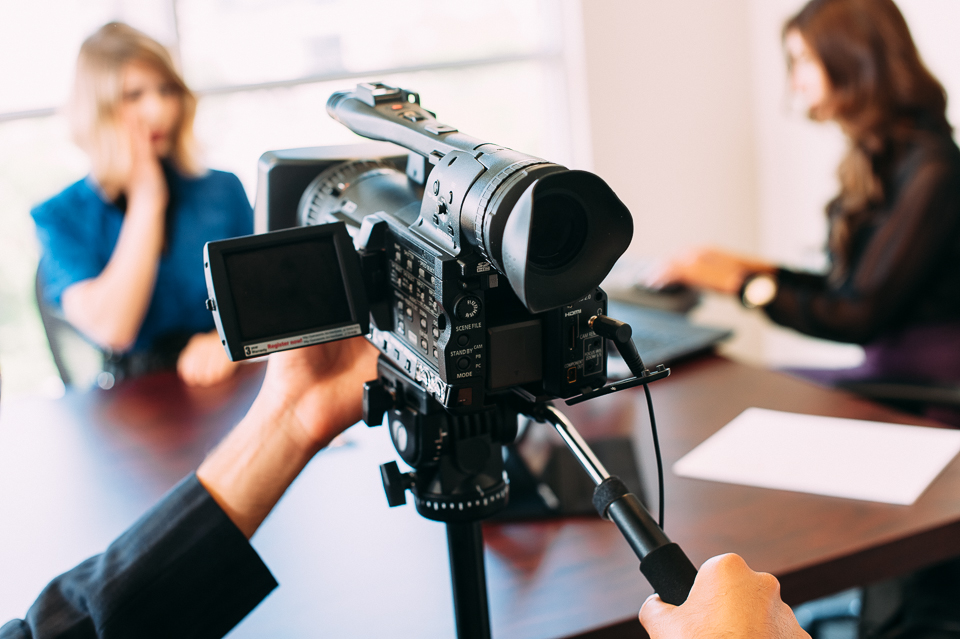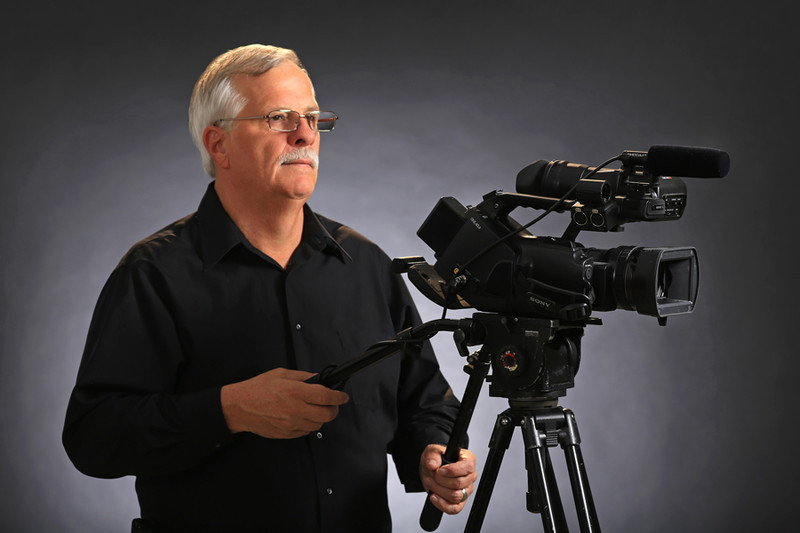The Duty of Legal Videography in Depositions and Trials
Lawful videography has actually arised as a necessary device in both depositions and trials, offering a multifaceted approach to recording witness testaments. As legal professionals increasingly acknowledge its value, it prompts a much deeper exam of exactly how these visual documents can affect juror perceptions and test end results.
Value of Legal Videography
Lawful videography plays a crucial duty in the paperwork and presentation of depositions and tests. This specific field incorporates technological skills with lawful understanding to create a reputable record of process that can dramatically influence instance end results. The appearance of lawful videography improves the understanding of witness testimony, permitting jurors and courts to observe not only the talked words however also the demeanor, feelings, and body language of the witnesses.

The importance of lawful videography extends beyond the court room; it additionally plays a crucial function in preserving proof for future recommendation, whether for charms or further lawsuit. Its assimilation into the legal procedure is important for ensuring a reasonable and accurate depiction of the facts, inevitably contributing to the search of justice.

Refine of Legal Videography
While recording the subtleties of depositions and tests, the process of legal videography involves a number of essential steps that guarantee high-grade, accurate recordings. A professional legal videographer prepares by examining the instance products and recognizing the details requirements of the deposition or trial. This preparation consists of acquainting themselves with the individuals and the context, which assists in recording pertinent details.
On the day of the recording, the videographer establishes the required equipment, which usually includes high-definition video cameras, microphones, and appropriate illumination. Guaranteeing optimal angles and sound high quality is important, as it straight impacts the performance of the recording. The videographer interacts with attorneys and participants to establish procedures, making certain that everybody understands the recording procedure.
Throughout the deposition or test, the videographer diligently tapes the procedures, paying attention to both verbal and non-verbal hints. legal videography. This consists of recording the attitude and responses of witnesses and attorneys. After the session concludes, the videographer might modify the footage for clarity and compliance with legal standards, generating a last product that properly mirrors the procedures for future reference and usage in legal contexts
Benefits in Depositions
The unification of videography in depositions uses numerous benefits that improve the general procedure of collecting evidence. One key benefit is the ability to catch witness testimonies with aesthetic and auditory integrity, supplying a more exact representation of the witness's demeanor, tone, and body movement. This multidimensional method permits attorneys and courts to evaluate trustworthiness more properly than conventional written records alone.
Additionally, videographed depositions offer as a powerful device for preserving statement. Should a witness ended up being unavailable for trial, their videotaped deposition can be played in court, making sure that their proof remains easily accessible and relevant. This element dramatically decreases the danger of shedding critical details that could affect instance outcomes.
In addition, making use of legal videography promotes far better preparation for attorneys. Examining video clip footage allows legal groups to assess and refine their strategies, identifying staminas and weaknesses in their instances. This preparatory advantage can result in even more engaging discussions in court.
Last but not least, videography boosts the total expertise of the deposition procedure, instilling self-confidence in customers regarding the thoroughness of their legal representation. By leveraging technology, legal professionals can substantially enhance the efficiency of depositions.
Influence On Tests
In lots of tests, the integration of videography can significantly affect the discussion of proof and the jury's understanding. Legal videography captures witness testimonies and vital evidence in a dynamic format, enabling jurors to involve with the material on several levels. This visual component enhances the narration facet of a test, offering context and emotional resonance that traditional text-based proof may do not have.
Moreover, video clip recordings can function as powerful tools for impeachment throughout interrogation. When like it inconsistencies occur between a witness's previous declarations and their courtroom testament, video evidence provides an unbiased recommendation that can sway jurors' opinions. This immediacy and quality can boost the integrity of a celebration's narrative while all at once weakening opposing arguments.
In addition, making use of videography can help enhance complicated details, making it a lot more available to jurors that may battle to comprehend intricate information presented only with spoken statement. By combining visuals with Read Full Article auditory information, lawful videography can improve retention and understanding, inevitably influencing the court's decision-making process. The influence of videography in trials prolongs past mere looks; it plays an essential function in forming the lawful landscape and outcomes.
Future Trends in Legal Videography
As we look towards the future of lawful videography, several emerging patterns promise to improve its duty within the courtroom. One considerable fad is the integration of expert system (AI) in video clip analysis and modifying - legal videography. AI can enhance the procedure of identifying essential minutes in videotaped depositions, allowing attorneys to swiftly access pertinent web content, thus improving effectiveness in instance prep work
Additionally, the rise of virtual truth (VR) and increased fact (AR) modern technologies is expected to change just how jurors experience proof. By submersing jurors in a substitute environment, these technologies can offer a much more profound understanding of complicated situations, causing even more educated considerations.

Furthermore, the increasing demand for remote depositions, accelerated by the COVID-19 pandemic, will likely proceed. Lawful videographers will certainly need to adapt to new software program and systems to make sure top quality recordings in virtual settings.
Lastly, the expanding focus on data protection will certainly necessitate stricter procedures for keeping and sharing video evidence. As the lawful landscape develops, legal videographers have to remain abreast of these fads to keep their relevance and effectiveness in the judicial procedure.

Final Thought
In click for source recap, lawful videography serves an important feature in the judicial process, boosting the integrity of depositions and tests. By capturing the nuances of witness testaments, this medium not only preserves crucial evidence however additionally aids in providing information efficiently to jurors. The importance of visual paperwork in evaluating integrity and facilitating cross-examination can not be overemphasized. As modern technology remains to progress, legal videography is poised to more change its role within the legal landscape.